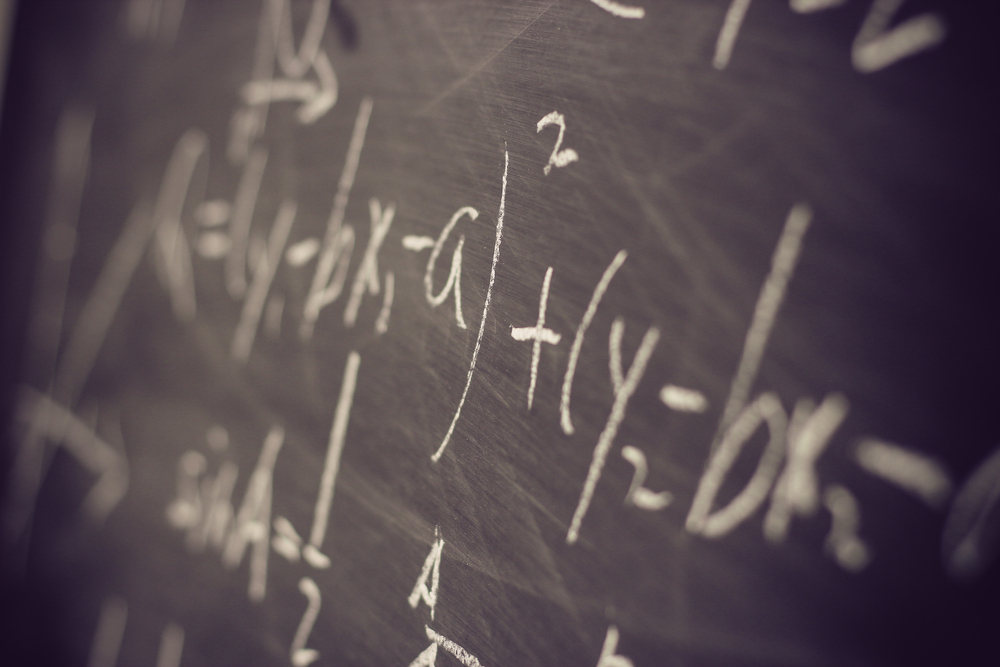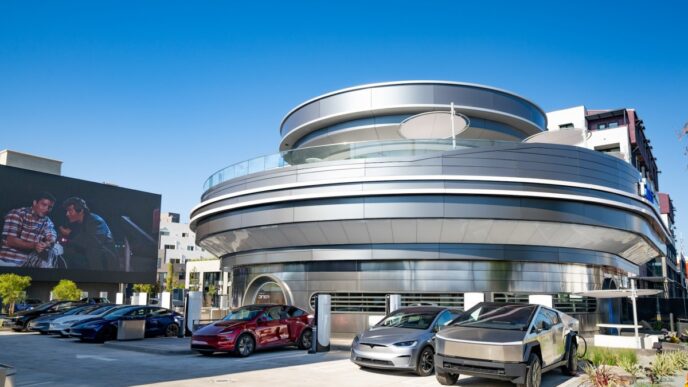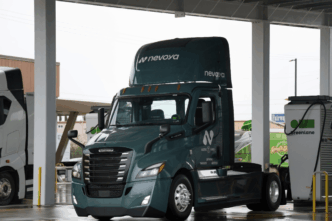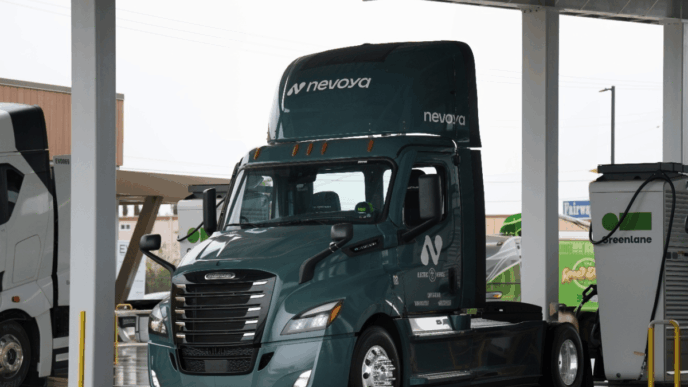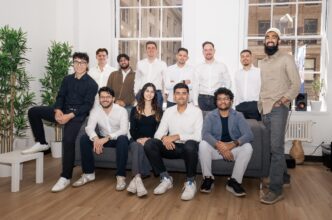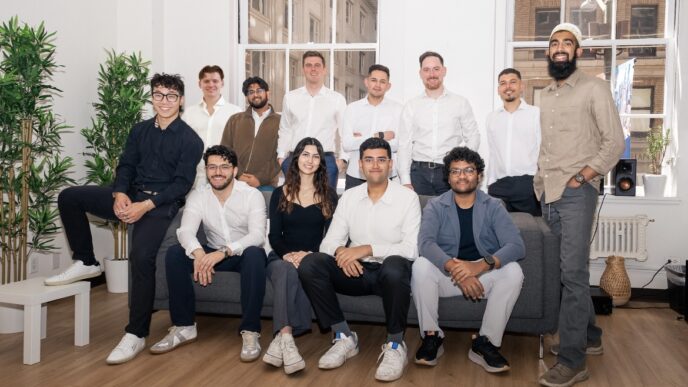OpenAI and Google DeepMind both scored gold medals at the 2025 International Math Olympiad (IMO) with their AI models. Both companies announced their AI systems solved five out of six problems — beating most high schoolers and last year’s AI scores.
The key difference? Last year, Google’s AI needed humans to translate problems into machine code. This time, both used “informal” systems that handled natural language questions and generated proofs directly.
Google waited to announce after IMO’s official results were out Monday. They criticized OpenAI for announcing its gold medal too early — right after IMO announced student winners Friday night and before official grading.
Google DeepMind CEO Demis Hassabis called out OpenAI’s early reveal on Twitter:
“Btw as an aside, we didn’t announce on Friday because we respected the IMO Board’s original request that all AI labs share their results only after the official results had been verified by independent experts &
the students had rightly received the acclamation they deserved”
Google researcher Thang Luong told TechCrunch they worked closely with IMO organizers and waited for official grading to claim gold.
OpenAI says they hired three former IMO medalists as independent graders and only announced after IMO told them to wait until after the student awards ceremony. OpenAI also said they declined to join the formal test because they focus on natural language AI, and they didn’t know about Google’s informal test.
No response came from IMO on the dispute.
This clash highlights the fierce competition between OpenAI and Google in AI reasoning. Both models outperform nearly all human competitors this year, showing the rapid AI leap in complex math tasks.
OpenAI is expected to release GPT-5 soon and likely wants to preserve its leadership image, but the race is tighter than ever.

